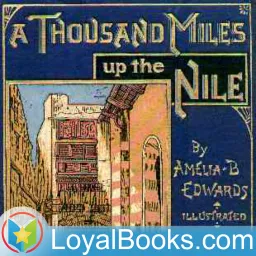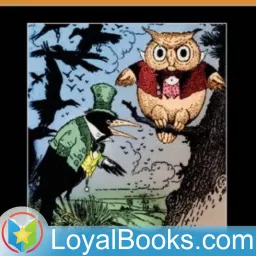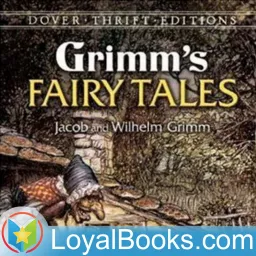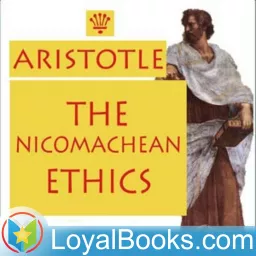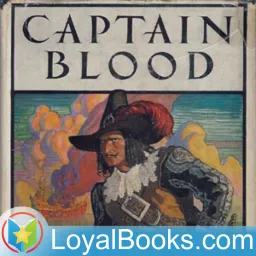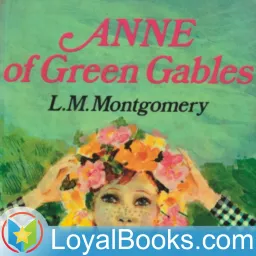Tales from Shakespeare by Charles Lamb

This little gem of a book was probably the first introduction to Shakespeare that most readers have had as children. Tales from Shakespeare was written in 1807 by a young clerk called Charles Lamb in the offices of the East India Company. Lamb co-authored them with his beloved sister Mary. The pair lived together for life, having gone through immense trauma caused by mental illness and tragedy. However, far from being a melancholy duo, they led an active and ample social life in the company of some of the literary greats of the Romantic movement of the 19th century. His glittering circle included contemporary poets like Coleridge, Wordsworth, Southey and Leigh Hunt, the Chinese scholar Thomas Manning, political philosophers like William Godwin and his daughter the famous creator of Frankenstein, Mary Shelley, and essayists like William Hazlitt. Charles Lamb also wrote excellent essays (compiled in a volume titled The Essays of Elia) and tried his hand at poetry and drama. Their regular Wednesday evening dinners were the gathering place for the best literary minds of the time. The book is divided into two volumes, with Charles taking charge of Shakespeare's tragedies while Mary chose to work on the comedies and some of the historical plays. The preface was a joint effort and the book has remained a classic in its own right, delighting generations of children and spurring them on to read the original works of Shakespeare. Tales from Shakespeare was at one time, prescribed reading not just for children, but also for young women who were being groomed for marriage as a fundamental part of their literary education. It provides a quick but comprehensive description of main themes, story-lines, characters and plots in each of Shakespeare's plays, with care taken to keep the spirit of Shakespearean English and usage intact. Tales from Shakespeare thus provide the basic storyline of each play. Many of the secondary characters and incidental plot lines so deemed by the authors have been omitted to keep the reader focused. The authors ensure that their own personalities never intrude into the narrative, and through this feat, they manage to keep Shakespeare alive throughout the book. Written in a clear and concise style which is easy for children or those who are learning the language to understand, it renders the immortal plays in story form, providing access to some of the finest works in the English language.



